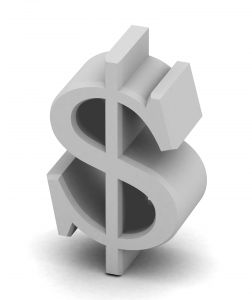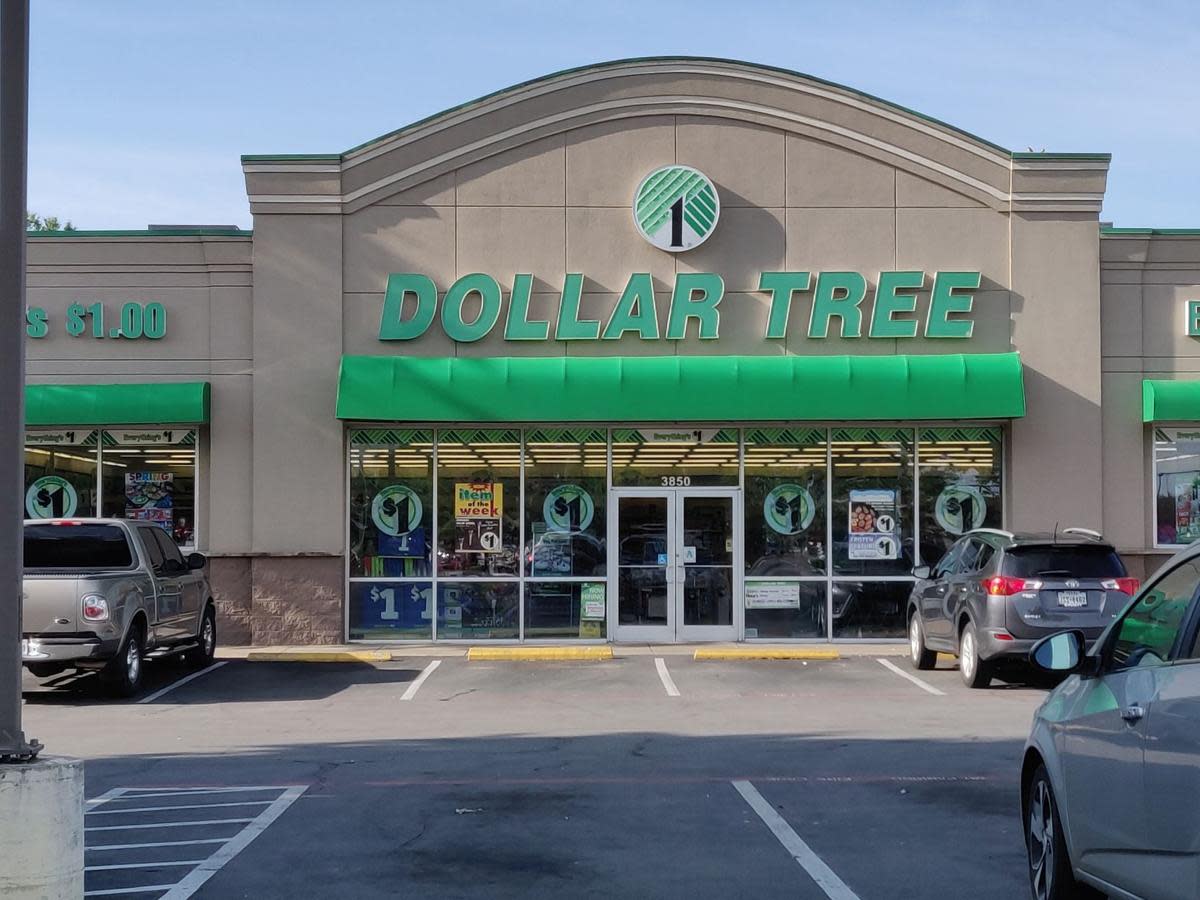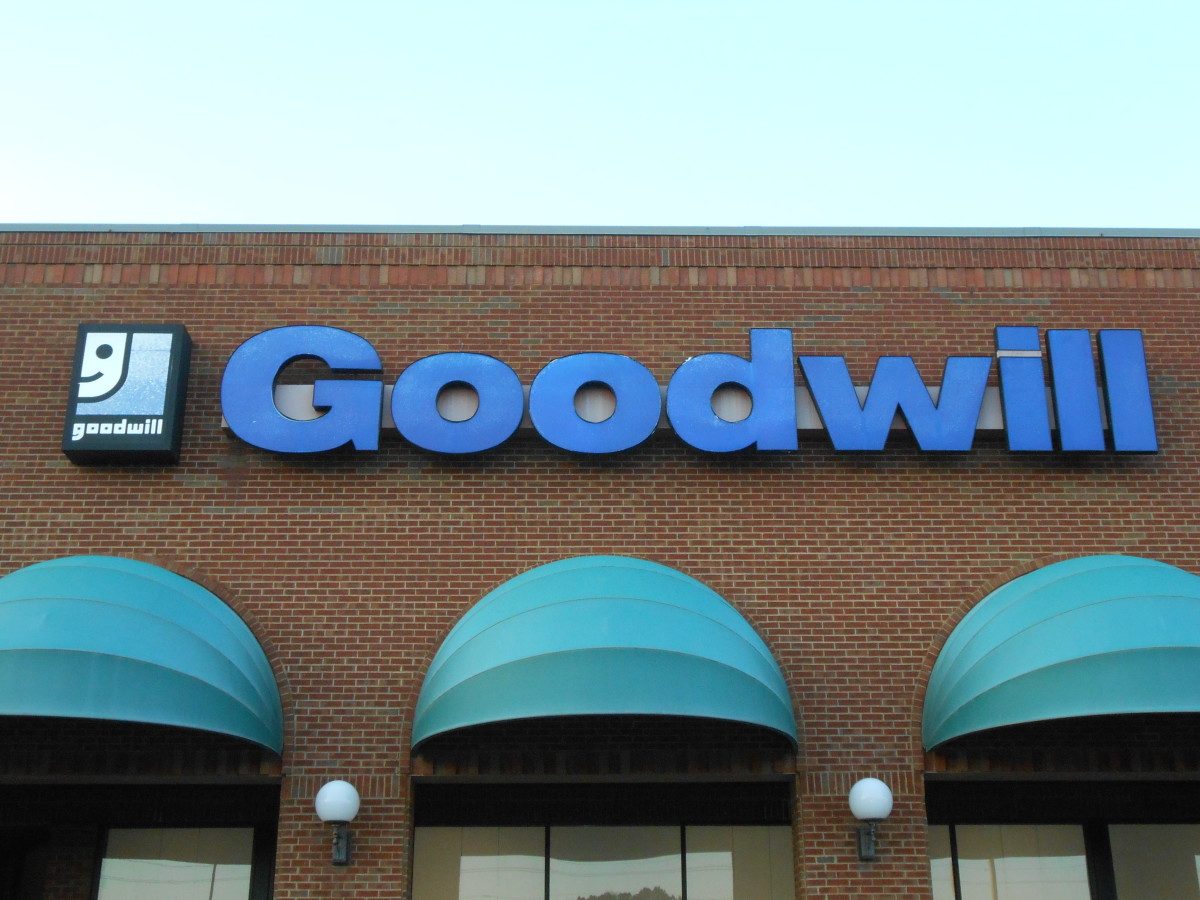Shopping at the Dollar Store: the Best Tips for Finding Bargains and Saving Money
UPDATE: Tips from Others on Hubbers
Updated March 9, 2008
If you would like to submit your own additions to this hub, I would welcome further tips. Let's make our dollar store experience as efficient and productive as possible!
Tips from MarioByDesign
- Birthday cards are 2/$1.00, much cheaper than the $1.50 each you'll find at the grocery store.
- 100% cotton balls can be found at the dollar store, while they're $1.77 at WalMart.
Tips from Dafla:
- You can return things from the dollar store fairly painlessly, so don't let what you bought and didn't like become a waste of money.
- Look at the unit price of items to make sure you're not just paying less for less product.
- Finally, she also suggests "Big Lots for...food" and "Dollar General for toiletries."
Thanks so much for all the comments. Keep them coming!
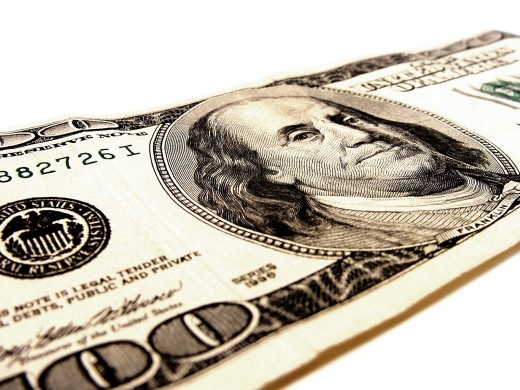
Dollar Stores in Your Area
- The Dollar Tree
One of the most well-known dollar store chains, located in 48 states. - The Dollar General
Located in 35 states, with 30% of the merchandise priced at a dollar or less. - 99 Cents Only Stores
Located in Arizona, California, Texas and Nevada. - Fred's
A discount chain, not a dollar-only store. 1/3 of their stores contain pharmacies. Located in southeastern US. - Family Dollar
A discount chain with 90% of their products costing $10 or less. Located in 44 states.
What Items Are at the Dollar Store?
The first thing we need to do is understand how items end up at a dollar store. Snopes.com states that most items are at dollar stores because they are one of these:
- Items purchased wholesale in great quantities.
- Overstocked merchandise.
- Old merchandise.
- Smaller, less well-known brands.
- Foreign brands.
Let's look at a specific example: The Dollar Tree. How does it keep its prices low? According to its company website, through
"1) Purchasing power (we buy in huge quantities),
2) Purchasing manufacturers' over-runs, and 3) Constantly scrutinizing ways we can cut or avoid costs."Of these reasons, two of them can help us make better-informed shopping decisions. These are the fundamental rules for shopping at dollar stores:
- Save your most basic and common purchases for the Dollar Store. (e.g. shampoo, pens)
- Make it a point to consider items that weren't as popular as the makers originally expected. (e.g. seasonal dishes, unusual colors/scents/styles of popular products)
Simply put, think about why items show up at the dollar store, and how you can use this knowledge to your best advantage.
The Dollar Store Phenomenon
What Is Truly a Bargain?
In short, the best bang for our buck is going to be items that there are no significant differences from the versions you would find in a normal store, like Target. Keep your eyes out for:
- Items with physical defects that don't hurt what's inside. Dents on bottles or cans, misprinted labels where the color is all wrong, anything that doesn't look nice enough to be in a more expensive store. We're not going to be taking pictures of a jar of baby food, so why pay more for the label on it to be glossy and flawless?
- Items that you are constantly going through, but the quality doesn't really matter. E.g. plastic zipper bags, gift tissue paper, or pens and pencils. You don't need to worry much about quality with items like these, because they're disposable. There's no reason to pay a lot for something that gets thrown away (or lost, in the case of pens) quickly.
- Items you can buy in bulk, and not need to drive back to the store to get them in a long time. Take advantage of good deals! Every dollar store does not have the same goods all the time. They can't predict when a higher-end seller is going to offer them flawed goods. If you see a bargain, like an eight-pack of paper towels for a dollar, take it!
- Generic brands of common necessities. Be very aware when you're just paying for the brand-name of an item. Except in a few cases, (discussed later) you should be fine buying generic. Toothpaste is a great example of consumer loyalty. Ditch your devotion to Crest, Colgate, Rembrandt, whatever, and save your money.
With all that said, be aware of why the products you see are in the stores. Never buy a product if it makes you feel uncomfortable. Some people don't buy foreign brands, (except for Canadian) and that's okay. Do what will make you feel best about saving money, and only be frugal to the point that is best for you.

What Are You Best Off Staying Away From?
It's different for everybody, but there is a point where even a great discount is not worth the cost in inconvenience or ineffectiveness. Some items I will never purchase at the dollar store, and instead stick with the name brands. These items include:
- Items where the quality truly does matter. Sure, it might feel silly to pay $3 for a box of Kleenex, but if you're going to wince in pain every time you wipe your nose with the cheap stuff, it's worth it to splurge on the name brand. (another example are dish towels - thin and abrasive - ow!)
- Items that are composed of concentrated materials to be effective. Often, a supplier will just dilute the substance to make it cheaper, and count on us not to realize the difference in effectiveness. I paid a dollar for a Drano knockoff once, but it was about as effective as pouring bleach down the drain. (other examples include dish soap and laundry detergent)
- Certain food items. They usually aren't past the expiration date, but they might be close. Check all dates, always, and don't buy unless you're planning to use it all up within a reasonable amount of time.
Some recent issues with items being sold in dollar stores have happened with vitamins (missing one or more of the ingredients stated) and toys with small parts that were not labeled as such. Be a careful shopper, just as you would with anything else you purchase.
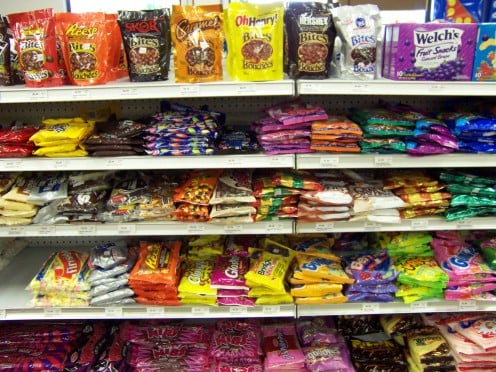
Ultimate Best Buys
These inexpensive items that are our the absolute best buys from the dollar store.
- Candy, and often name brand is available.
- Paper products, like paper towels and paper plates.
- Household cleaners.
- Office supplies like pens and paper.
- Gift supplies, including tissue paper and wrapping paper.
- Personal hygiene products, like soap, deodorant, and shampoo.
- Dry cooking materials, such as flour or baking soda.
But remember: you haven't saved money or gotten a bargain at the dollar store unless a) it's something you were going to buy anyway and b) you got the use out of it you needed to. Even though it's only a dollar, no impulsive buys: every dollar adds up!

Real Life Application: Preparing Gifts
Presents can be a huge drain on your income, because we all feel an obligation to give our loved ones gifts. However, no longer does that have to be expensive. Here are a few ways to keep costs down.
- Make it fun to be frugal. GetRichSlowy suggests setting limits on the prices of gifts. This can be a Christmastime tradition, or an all-year long present rule. As an added bonus, it also encourages thoughtfulness, and makes people think long and hard about what we should give each other.
- Get the kids presents from the dollar store. As long as you stay away from toys with small parts, one-dollar presents are a great idea. You can even take the children there and let them pick out their own gifts.
- If neither of the above suggestions work, at least you can save money by buying your wrapping paper, gift bags, and cards at the dollar store. They tear right through them anyway - no need to spend a lot of money on the trimmings.
The joy in gift-giving has much more to do with attitude and togetherness than exactly how much you spent on a present. Focus on ways to cut costs in the pursuit of having the freedom to do the things that make you happy.
Using Wesabe for More Tips on Saving Money
Other Ideas for Saving (But Be Careful!)
- Wikipedia article on dollar stores
A little on variety stores' history, where the goods come from, and what the shops are like in other countries. - Seattle Times' article on some dollar store scandals
Some more things to be wary of at the dollar store: items that could be misleading or even dangerous. - AOL on dollar store issues
What's dangerous, what's a bargain, and what's surprising, along with a couple side articles and a quiz. - Better Homes and Gardens on decorating
Interior decoration and closet organization has never been so cheap or stylish! - Meals at the Dollar store by the Black Table
How to eat safely on the usually off-brands of food at the dollar store. - Fabulous Finds at Family Dollar
WiseBread has an even more extensive list of the potential goldmine of useful items you can buy for cheap. - Packing with Dollar Store Boxes
NoCreditNeeded suggests, among other things, cutting shipping costs by purchasing boxes and containers at dollar stores. - Ratings of Things from the Dollar Store
A funny list of some of the crazy stuff you can find at your local dollar store.
Books That Help You Become Frugal
Go Forth and Save
I sincerely hope this article helped you in some small way. I learned a lot about dollar stores myself in my research for writing this. My goal here was to help you save money on the things we need to buy anyway, not to encourage you to spend more. Look for more personal finance articles by me in the future!
BrittanyC
